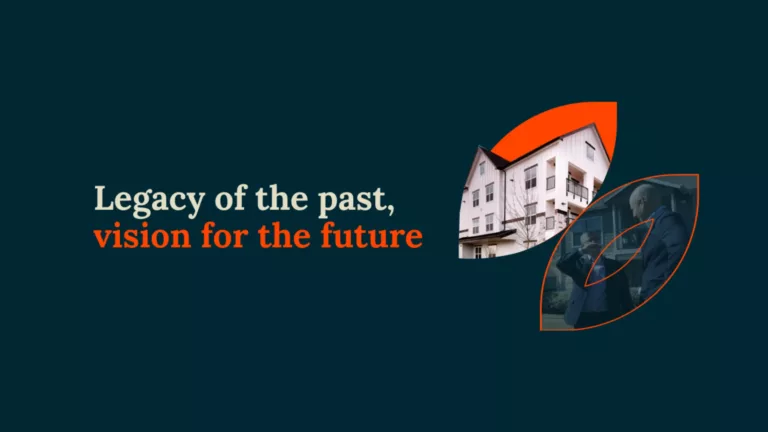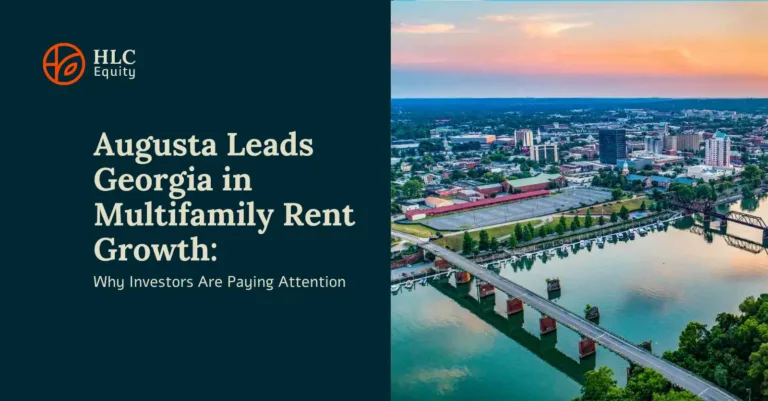
Traditional real estate sectors like office and retail are yielding ground to niche opportunities in data centers, life sciences facilities, and adaptive reuse projects.
Key Areas of Growth:
Data Centers:
The proliferation of AI, cloud computing, and digital transformation is driving unprecedented demand for high-tech infrastructure. These facilities, critical for storing and processing massive data volumes, are becoming a cornerstone of real estate investment opportunities.
With low vacancy rates and high rental yields, data centers offer attractive returns for high net worth real estate investors.
Life Sciences Facilities:
Increased funding for biotech and pharmaceutical research has elevated demand for specialized facilities, making them a sought-after commercial property investment.
Adaptive Reuse Projects:
Converting underutilized commercial spaces into residential or mixed-use developments offers lucrative returns, especially in urban areas facing housing shortages. Adaptive reuse projects exemplify creative real estate joint ventures that optimize space utilization while meeting evolving market demands.
Technological Advancements in Real Estate
Technology is reshaping the real estate landscape, from how properties are managed to how investments are analyzed and executed. The rise of real estate investment software and PropTech is equipping investors with powerful tools to enhance efficiency and returns.
PropTech Innovations:
Smart Buildings:
IoT devices and automation enhance tenant experiences and operational efficiency, increasing property values.
Example 1: The Edge, an office building in Amsterdam, utilizes IoT sensors for energy management, significantly reducing operational costs while enhancing tenant comfort.
Example 2: Hudson Yards in New York City employs smart building technology to optimize utilities, maintenance, and tenant services, setting a benchmark for modern commercial properties.
AI-Driven Property Management:
AI tools are streamlining property management, from predictive maintenance to optimizing rental pricing. This not only improves tenant satisfaction but also maximizes profitability.
Example 1: Rentana.io or Innovify, an AI-based property management platform, predicts maintenance needs and schedules repairs proactively, reducing downtime and costs for landlords.
Example 2: RENTCafé leverages AI to analyze market trends and adjust rental pricing dynamically, ensuring competitive rates and maximizing occupancy.
HLC Equity also incorporates bleeding edge technology especially leveraging AI capabilities.
Blockchain and Tokenization:
Blockchain technology is enabling fractional ownership and enhancing real estate investment liquidity, making investments more accessible to a broader audience.
Example 1: RealT, a blockchain platform, allows investors to purchase fractional ownership in U.S. rental properties, earning dividends in cryptocurrency.
Example 2: Propy facilitates international property transactions using blockchain, reducing fraud and streamlining cross-border deals.
Investors leveraging these technologies are better positioned to succeed in an increasingly competitive market.
While HLC Equity focuses on a personal approach, cultivating long term relationships with our Partners and High Networth or Ultra High Netwworth Investors. There are aspects in our processes exclusive to our network.
Demographics and Urbanization
Shifting demographics and urbanization trends are fueling demand for residential and commercial spaces, particularly in high-growth regions.
Demographic-Driven Opportunities:
Young, Growing Populations:
Markets like India, Brazil, and parts of Latin America are experiencing rapid urbanization and population growth. These regions offer significant opportunities for multifamily real estate investment and luxury real estate investment.
Aging Populations in Developed Markets:
Aging demographics in countries like Japan and Germany are increasing demand for senior housing and healthcare facilities, presenting unique real estate investment opportunities.
Urban Redevelopment:
Cities undergoing urban redevelopment to modernize infrastructure and attract investment offer fertile ground for real estate joint ventures and innovative projects.
Private Credit’s Role in Financing
As traditional bank lending remains constrained, private credit is emerging as a vital source of financing for real estate projects. Direct lending by private investors and institutions provides essential capital for developers while offering attractive returns.
Key Benefits:
Attractive Yields:
Private credit investments often deliver higher yields compared to traditional debt instruments, making them an appealing choice for high net worth real estate investors.
Diversification:
Direct lending diversifies investment portfolios by offering exposure to unique real estate projects.
Flexibility:
Private credit arrangements often provide more flexible terms than traditional bank loans, facilitating complex projects such as adaptive reuse and mixed-use developments.
By integrating private credit into their strategies, investors can unlock new real estate investment tools to capitalize on high-growth opportunities.
Conclusion
Real estate investment in 2025 is defined by adaptability and innovation. By focusing on niche sectors like data centers and adaptive reuse, leveraging technology such as PropTech, and capitalizing on demographic and urbanization trends, investors can secure sustainable growth and resilience.
At HLC Equity, our 75+ years of experience as a multigenerational owner-operator position us to help investors navigate this dynamic environment. Through a combination of traditional due diligence and cutting-edge strategies, we deliver enduring value across market cycles.
Stay tuned for our next feature, where we explore how sustainability is transforming real estate and uncover actionable strategies for future-ready investments.
Sources
Important Disclosures: Nothing contained in this blog post constitutes tax, legal, insurance or investment advice, nor does it constitute a solicitation or an offer to buy or sell any security or other financial instrument. Any such offer or solicitation will be made only by means of an offering memorandum and organizational documents (collectively, the “Offering Documents”). This blog and all content on this website are for informational purposes only. We urge investors to consult with licensed legal professionals and investment advisors for any legal, tax, insurance, or investment advice.


